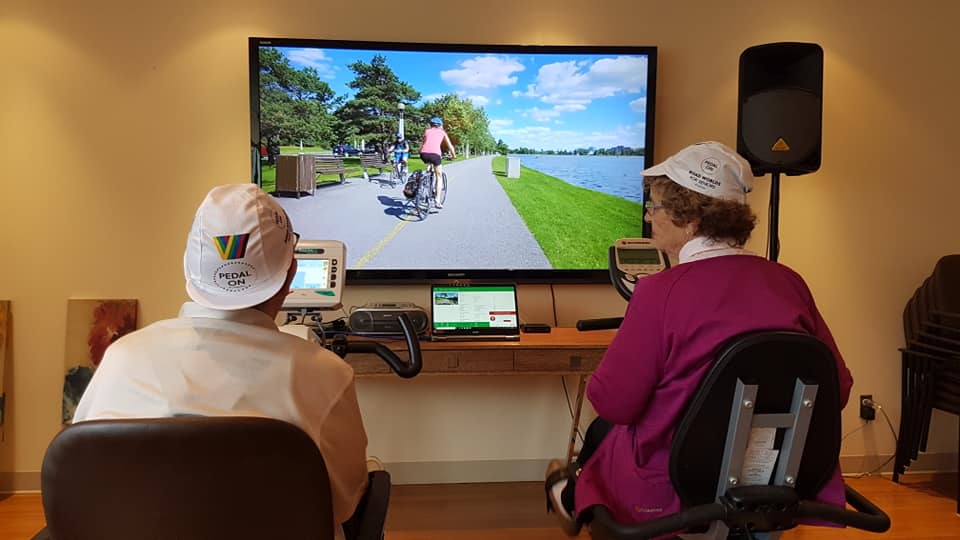Charity aims to raise awareness of ABI in the classroom

The Children’s Trust has launched a programme to help education professionals gain a better understanding of how an acquired brain injury (ABI) can affect young people.
The initiative will be used to show teachers and carers the daily challenges each child with ABI faces.
Every professional in the education sector can access the programme, which features a number of 30 minute online interactive sessions delivered from a teacher’s point of view.
Users are guided through a school environment and shown some of the hidden effects of brain injury, including fatigue, memory issues and difficulty forming friendships.
The programme also shows the best practice teachers can take when it comes to offering guidance and support to these children.
Katy James, head of community services transformation at The Children’s Trust, said: “It’s a programme that we’re launching initially for all primary schools. It’s about working on the basis that we need to raise awareness amongst school staff at a general level about brain injury.
“The programme is giving an introductory level of information to school staff, so that they can have an understanding about how an ABI can have an impact on a child’s ability to access their education.
“It’s very much about equipping school staff, empowering them and giving them the confidence to be able to recognise when a child might be having difficulties, and a bit of an idea about what they can do to help that child within the classroom.”
Statistics from the charity show that one child in every class will be affected by brain injury at some point in their education.
For many this can lead to a long rehabilitation process – and returning to mainstream education is one of the biggest parts of this recovery.
Schools provide a form of ‘natural rehab’ for children, allowing them to experience a setting which other forms of rehab cannot offer.
Hence it is crucial for teachers to have an understanding of brain injury, enabling them to provide specialist support to those who need it.
“We use the term ‘hidden disability’ all the time,” Katy said. “Those cognitive difficulties, the impact on a child’s confidence or their communication is what you might not be able to see.
“Their sense of self as well, who they are as a person, all of those sorts of things can be really impacted by the brain injury.
“That can have a real knock on effect on their ability to take part in everyday activities and take part of their normal life, such as engaging their friendships and also engaging in the classroom.
“There is a real need to be able to support people to understand and recognise those hidden disabilities, so that children can then get the right support they need.
“If you’ve got a workforce that is knowledgeable and who can recognise when a child is struggling, then they’re going to be able to really put things in place to help that child and allow them to reach their full potential.”
This new guidance follows an All-Party Parliamentary Group (APPG) report published in 2018 which highlighted the need for a better understanding of ABI in the education sector.
The ‘Time to Change’ guidance showed teachers often have difficulties identifying the effects of a brain injury and that there is an overall lack of awareness of the condition.
Because of this The Children’s Trust has also launched a further part of the guidance which allows schools to expand their knowledge in this area.
Katy said: “The programme also then has a second layer, which is around schools who want to take their learning a bit further.
“They can really start thinking about how they can tailor their school environment and tailor what they’re doing, in terms of teaching, to cater for children with brain injury.
“So we’re taking their knowledge base to the next step and to the next level.
“There’s lots of other organisations out there and we recognise that this isn’t something that we should or can do alone, collaboration and partnerships are really vital for this work.
“We’re working with all the other relevant groups to help push for those recommendations from that APPG report.”
This is one of a number of actions the charity has undertaken since the report was published. It has also implemented a new five year plan launched to help ensure every child with brain injury has access to the relevant support.
A key factor involves the charity’s expert team sharing skills and knowledge on brain injury and how to help children deal with it.
The Children’s Trust recently put this into practice, helping UKABIF and the N-ABLES programme to create their own guidance on children returning to school after ABI.
To find out more and sign up the school’s programme, click here.










